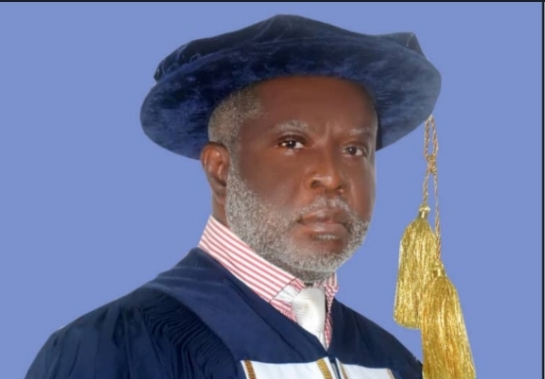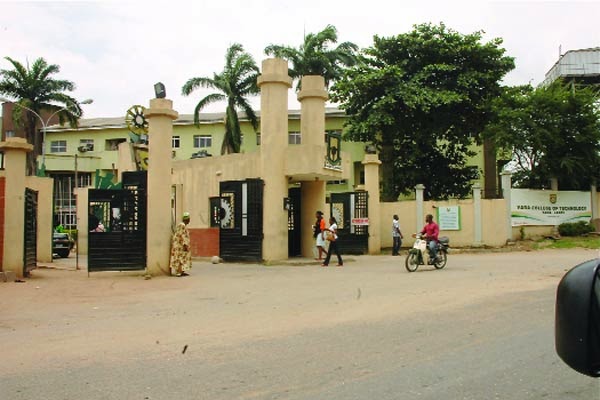The Tertiary Education Trust Fund (TETFund) has emphasised the need for institutions to adopt technology in teaching, research, and administration.
The agency warned that huge taxpayers’ money already invested in Information and Communication Technology (ICT) infrastructure may go to waste if not properly utilised.
Executive Secretary of the Fund, Sonny Echono, who disclosed this in Abuja at a two-day workshop on Blackboard/TERAS adoption, and usage in beneficiary institutions, lamented that despite TETFund’s early investment in digital learning platforms such as the Tertiary Education, Research, Applications and Services (TERAS), many universities, polytechnics, and colleges of education are still lagging in ICT adoption.
The event was organised for Registrars, Bursars, Directors of Academic Planning and ICT, as well as Thesis Project Repository Managers of beneficiary institutions.
Echono noted that Nigeria’s rapidly growing population and limited availability of classrooms make technology the only viable pathway to expanding access to quality education.
“We are no longer confined to the four walls of classrooms. With just an Android phone or a device, students should be able to access content, participate in learning, and acquire skills. There is no alternative to technology if we must prepare our youths for the opportunities ahead,” he stated.
Echono also decried the slow pace of transition to digital platforms in many institutions, saying many of them still send hardcopy requests to TETFund despite clear directives for e-submissions.
The TETFund boss stressed that robust and regularly updated institutional websites should be a minimum requirement in the digital age, describing many schools’ online presence as ‘embarrassingly outdated.’
Echono also cited the successes recorded during the COVID-19 lockdown, when TETFund partnered with states and broadcast stations to air West African syllabus-based lessons.
According to him, that year produced one of Nigeria’s best West African Senior School Certificate Examination (WASSCE) results, indicating the potential of technology to revolutionise learning.
He expressed concerns that Nigeria now ranks 189th globally, and 25th in Africa in education competitiveness, behind smaller countries like Rwanda and Mauritius that have leveraged ICT to transform their systems.
“Government has done its part by providing the infrastructure, but when equipment is procured and platforms created and they are not being used, that is the very definition of waste,” he warned.
The TETFund boss urged heads of institutions to champion the use of digital platforms like TERAS by lecturers and students, stressing that over time, more than half of TETFund’s education investments would have to go into ICT, rather than physical infrastructure.
Echono also linked Nigeria’s underdevelopment to its failure to leverage technology in sectors such as oil, agriculture, and manufacturing, contrasting the country’s struggles with China’s rapid transformation through deliberate investment in knowledge and innovation.
“We can do the same if we decide to do the right thing. The right thing starts with our education system. The building block of every nation is knowledge,” he said.
He appealed to tertiary institutions to seize the opportunity, populate their websites with relevant data, and ensure students and staff are fully onboarded onto TERAS platform.
Earlier, TETFund’s Director of ICT, Joseph Odo, said interactive sessions at the workshop were designed to deepen understanding of the agency’s digital platforms and improve collaboration among beneficiary institutions.
“This is part of our engagements with key stakeholders, registrars, librarians, ICT directors, repository managers, and academic planners to ensure that everyone understands the interventions we are providing. The world is moving fast technology-wise, and we cannot afford to be left behind,” Odo stated.
He explained that the sessions, which will be held across all six geopolitical zones, are focused on strengthening the use of the agency-funded learning platforms, which aggregate data for planning and improve teaching, research, and learning outcomes.






